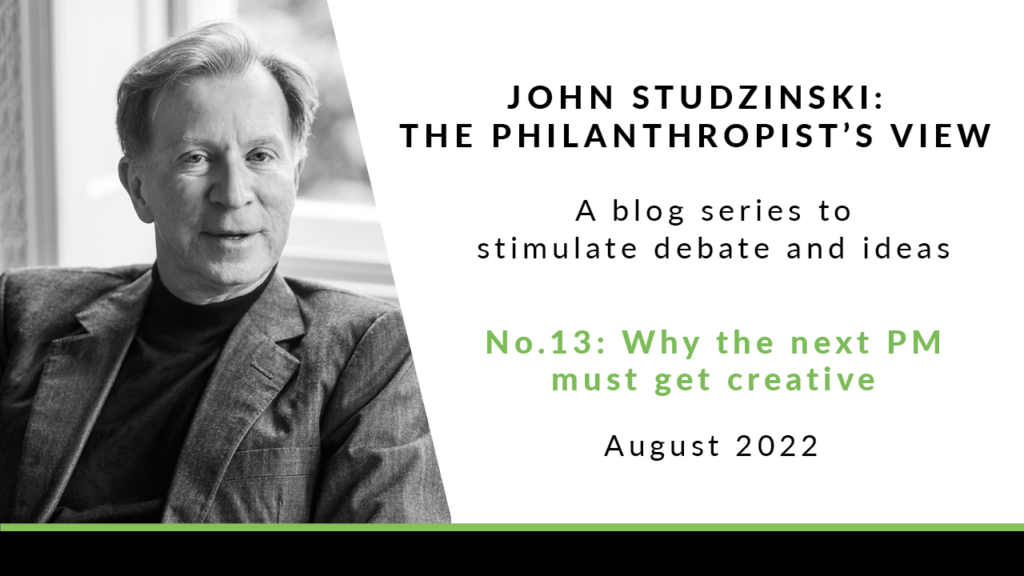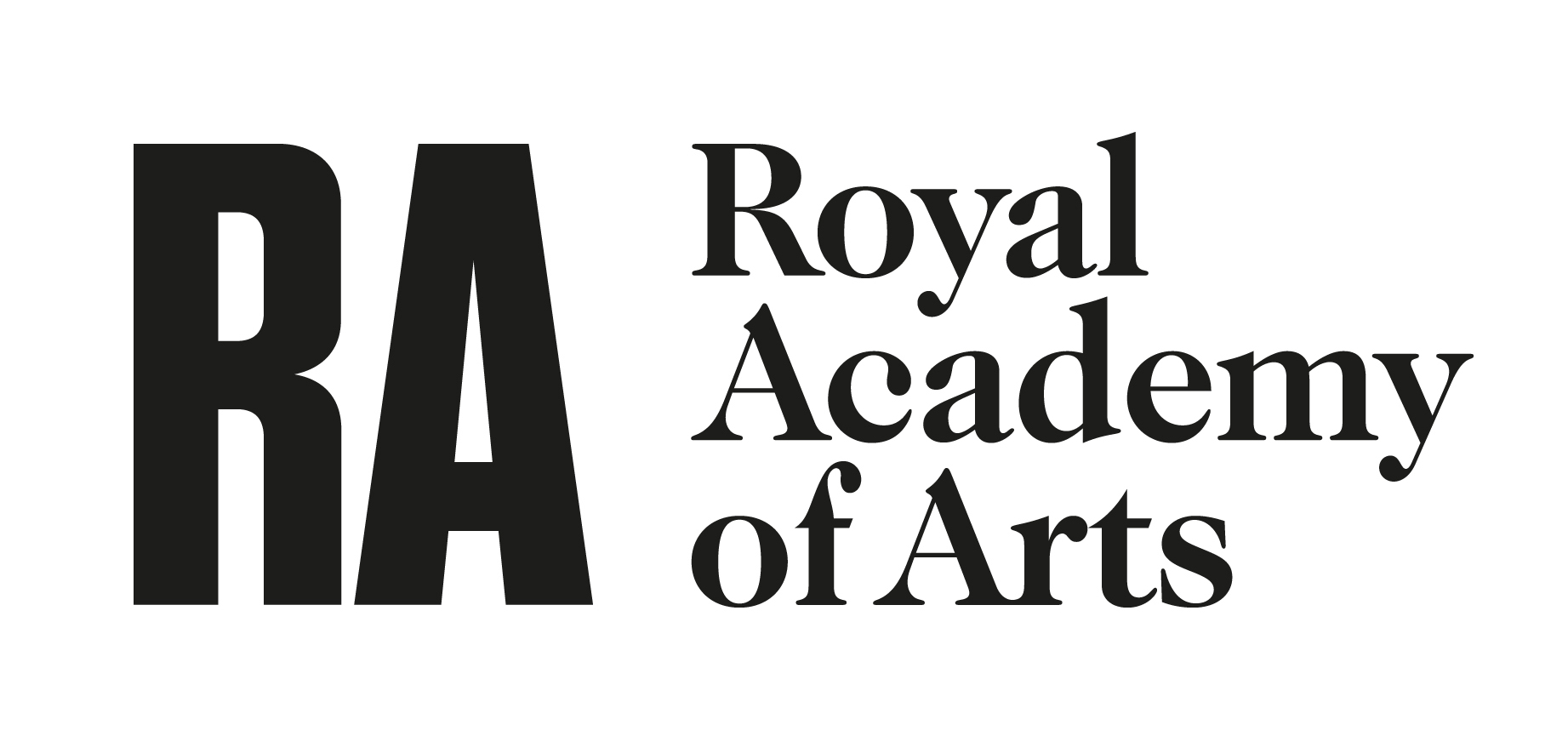No.13 | Why the next PM must get creative

Amidst all the cut and thrust, Liz Truss and Rishi Sunak need to think hard about make positive proposals for generating value and maintaining the UK’s position as the world’s No 5 economy by GDP.
In his resignation speech Boris Johnson highlighted “boundless British originality” and the country’s “willing to tackle old problems in new ways”. These attributes have underpinned the UK’s innovation, performance and reputational soft power in such important fields as science and technology, financial services and the creative sector. It must now be time for Britain to build on its established strengths by follow the example of powerhouses like China and Germany in supporting a defined portfolio of industries it considers of key strategic importance.
Before the pandemic, the number of jobs in the creative sector was estimated at more than three million. All in all, it was generating over £100 billion for the UK economy and outstripping its expansion five-fold. Even after the chaos wrought by Covid, in Spring 2021 Deloitte was predicting four million jobs in the UK’s creative industries by 2030. “The creative economy will recover stronger,” it said, “potentially better able to collaborate across geographical boundaries and take advantage of a range of new technologies.”
Bearing out this optimism is a UK boom in film and high-end TV production, supercharged by demand for online entertainment. Recent predictions estimate the need for 20,000 extra crew by 2025 to complement the current workforce of 50,000. They also flagged up major labour shortages and an annual training budget of £100m to enable continued growth.
The opportunities in the creative sector are very much out there, but will there be enough people to take them up? As Founder and Chairman of the Genesis Foundation which supports the arts and creative sector, it is clear to me that the talent is out there too – and that it needs developing.
How, as a nation, do we provide gifted, motivated people from all backgrounds with the skills and experience to make the most of opportunities?
Creativity, in the broadest sense, is one of Britain’s greatest assets. The UK’s new prime minister will have many fires to fight (global warming among them). But time and resources must also be devoted to maximising creativity in the rising generation, to providing structures that encourage young professionals to build on the UK’s deep cultural foundations while drawing on the artistic and technological possibilities of the entire world.
Just the other week the Genesis Foundation hosted a roundtable with 10 movers and shakers, both established and emerging, from the performing arts. They made two key points on the question of producing creative professionals.
Firstly, young people need to be made aware of career directions while still at school. They know about the high-profile performers, but are they aware of all the professionals at work behind the scenes? The full scope of creative endeavour embraces the application of both STEM skills (science, technology, engineering and mathematics) and of knowledge acquired through ostensibly ‘non-vocational’ subjects like English Literature. Science and art feed each other, and many more benefits lie in the convergence of perspectives and skills than in their segregation.
Secondly, creative professionals need to learn their craft in depth, in the classroom or workshop and on the job. It is no longer realistic – or indeed ethical – to expect anyone to train and work in the creative sector primarily for the love of it. In the field of engineering, Lord Dyson’s Institute in Malmesbury has established a novel and enlightened ‘apprenticeship’ model that should set a shining example for other sectors.
Whatever their background, talented and purposeful creative people should be incentivised, trained and rewarded from the earliest stages of their careers. They deserve to be recognised as viable professionals, making a decent living and a major contribution to the economy and life of the UK – no matter who is in residence at 10 Downing Street.
Read other posts in the John Studzinski: The Philanthopist’s View series







